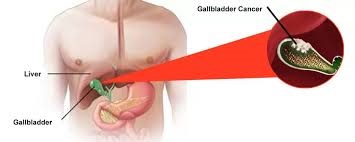Appendix cancer is a rare form of cancer that affects the appendix, a small organ located near the large intestine. While the exact cause of appendix cancer is unknown, it is believed to be linked to genetic factors and certain medical conditions. In this article, we will explore the causes, symptoms, and treatment options for appendix cancer.
Causes of Appendix Cancer
The exact cause of appendix cancer is not fully understood. However, certain risk factors may increase the likelihood of developing this condition. These include a family history of appendix cancer, a history of certain genetic syndromes, such as familial adenomatous polyposis (FAP), and a history of inflammatory bowel disease (IBD).
Symptoms of Appendix Cancer
Appendix cancer often does not cause any symptoms in its early stages, making it difficult to diagnose. However, as the cancer progresses, it may cause symptoms such as abdominal pain, bloating, changes in bowel habits, and unexplained weight loss. In some cases, a lump may be felt in the abdomen.
Diagnosis and Treatment
Diagnosing appendix cancer can be challenging, as it often mimics other conditions. However, imaging tests such as CT scans and MRI scans can help detect abnormalities in the appendix. A biopsy may also be performed to confirm the presence of cancerous cells.
Treatment for appendix cancer typically involves surgery to remove the appendix and any surrounding tissue that may be affected by the cancer. In some cases, chemotherapy or radiation therapy may be used to help shrink the tumor before surgery or to kill any remaining cancer cells after surgery.
Conclusion
Appendix cancer is a rare form of cancer that affects the appendix. While the exact cause is unknown, certain risk factors may increase the likelihood of developing this condition. Early diagnosis and treatment are crucial for improving outcomes. If you experience any symptoms of appendix cancer, it is important to consult with your healthcare provider for proper evaluation and management.





Comments